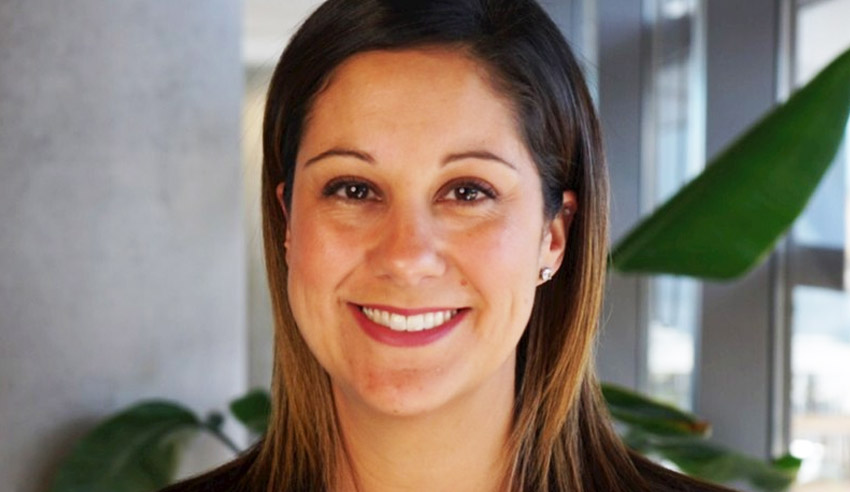It is the duty of leadership in an in-house team to ensure that health and wellbeing issues can be communicated openly and honestly, both for junior and senior counsel, argue two general counsel.

Source: linkedin.com/in/michelle-monteleone-7b569719/
In conversation with Lawyers Weekly about how to run a successful in-house team, Coca-Cola Amatil group general counsel Betty Ivanoff said it is fundamentally important that “what you say is what you do.”
“Personally, I’ve got a long way to go. In terms of what you do for others, I think being able to give people the flexibility to live their life and do the things that promote their health and wellbeing [is crucial]. And again, that’s individual, because not everyone’s a morning person - some people like to exercise at night and other people might be seeking treatment for a condition and can still work around that.”
People also have families and have to juggle around those various personal commitments, Ms Ivanoff added, noting there are obligations that come with such commitments.
“I think, holistically, you have to approach the whole person and who they are, and one rule or one way won’t actually work for everybody,” she posited.
“If you have enough trust in your team members, and if you give them the freedom, to work to the standard but to pick how they do that because they’re responsible, smart adults, I think that they’ll really flourish in that kind of an environment.”
CCA Australian general counsel Michelle Monteleone agreed, acknowledging that in-house life is “a very different environment” from that of a private practice firm, and thus idiosyncratic accommodations have to be made.
“What [in-house life] does have is its own challenges in its own right, so it is about navigating that environment in a different way,” she explained.
“One thing that we do in our team, which is quite critical, is send the message that you need to work to your own rhythm. It’s about understanding the expectations that are on you, firstly, but then secondly, doing all the other things that you need to do to be able to bring your whole person to work and make sure you are a happy and complete person. Otherwise, you’re just not going to be as efficient or productive as we’d like you to be in the office, either.”
We are living in an age now where legal counsel can do their jobs over a phone, with a laptop and via email, “so long as you have got internet”, Ms Monteleone added.
“There is a lot that can be done in a very flexible manner, and working to your own rhythm, irrespective of whether it’s in-house or private practice, is something that lawyers need to really keep front of mind, because without the trust element that sort of falls apart. Hopefully, you’re working with people who can accommodate and trust you in that journey,” she surmised.
To listen to Jerome’s full conversation with the leadership team at Coca-Cola Amatil, click below:

Jerome Doraisamy is the managing editor of professional services (including Lawyers Weekly, HR Leader, Accountants Daily, and Accounting Times). He is also the author of The Wellness Doctrines book series, an admitted solicitor in New South Wales, and a board director of the Minds Count Foundation.
You can email Jerome at: